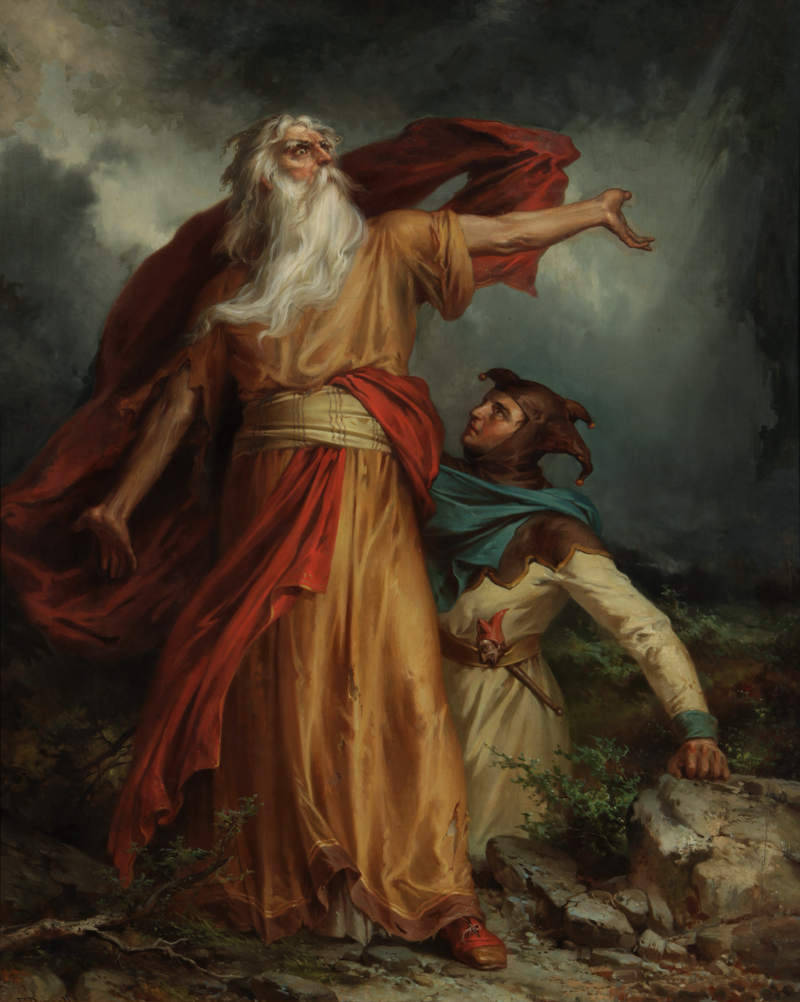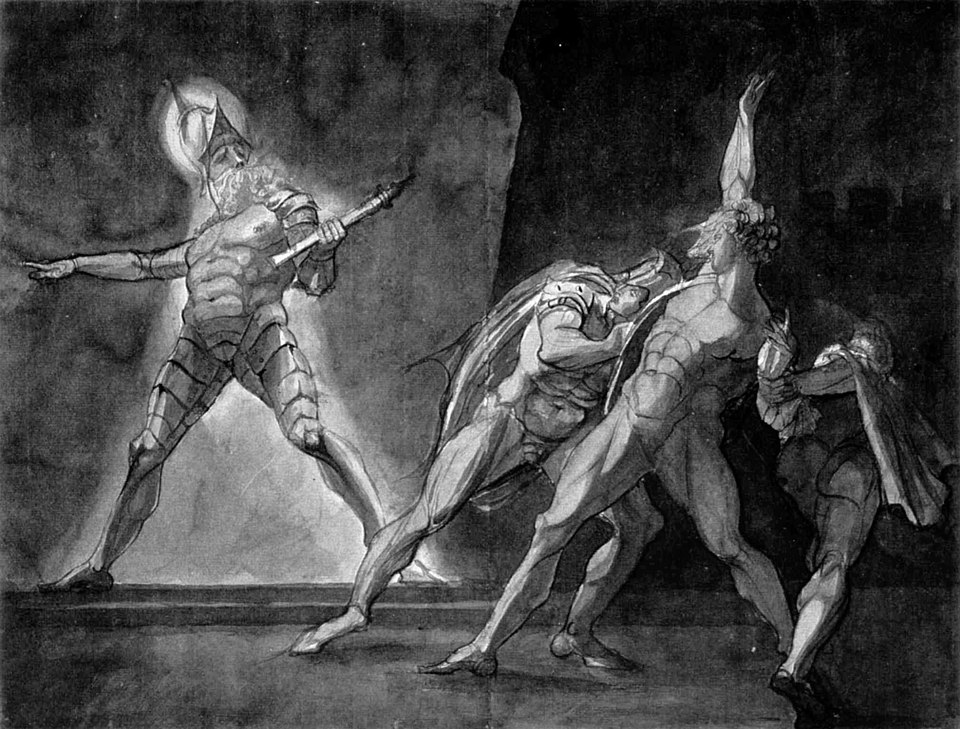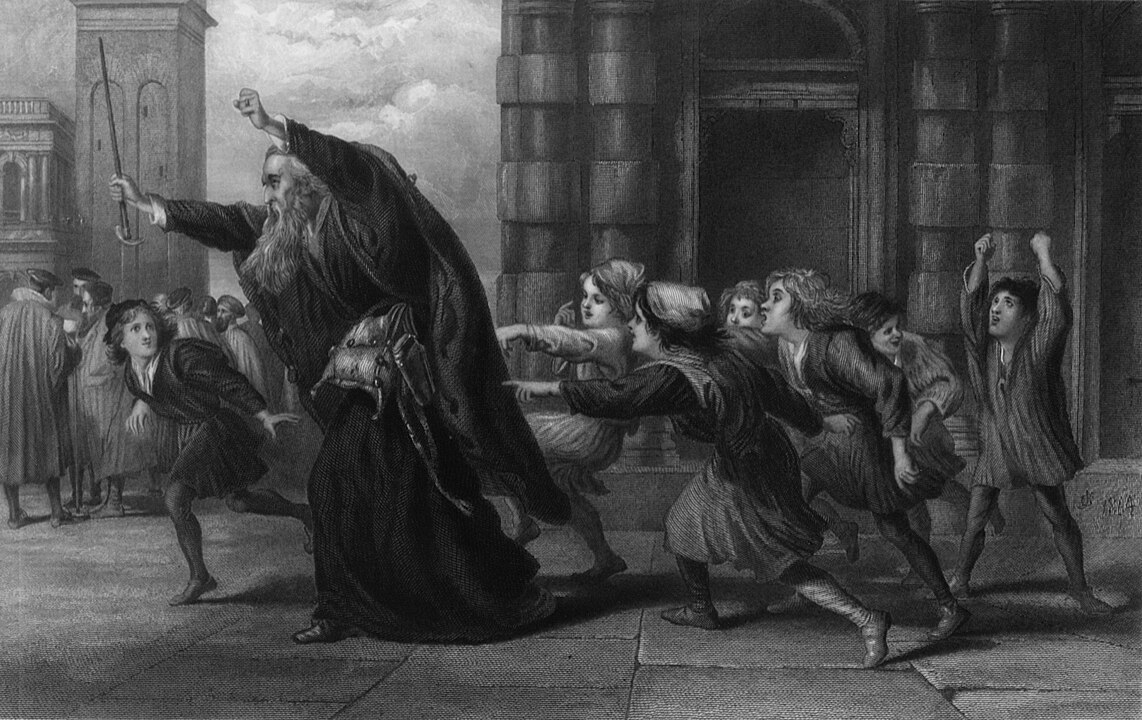Shakespeare's plays are rich with characters of all ages, but older actors often bring a unique gravitas, depth, and lived experience to some of his most compelling roles. Whether you’re auditioning for a part, performing in a showcase, or simply diving into classical material, the right monologue can make all the difference. Below are 8 Shakespeare monologues from characters typically over 50, each offering emotional complexity, eloquence, and stage power ideal for seasoned performers—with performance tips to bring them to life.
1. King Lear – “Blow, winds, and crack your cheeks!” (King Lear, Act 3, Scene 2)
Context: In the throes of a storm on the heath, King Lear rails at the elements after being cast out by his ungrateful daughters. His descent into madness begins here, driven by betrayal, pride, and heartbreak.
Why it works: This is one of the most emotionally raw and physically demanding monologues in Shakespeare. It suits an older actor who can tap into themes of aging, powerlessness, and fury at being discarded by one’s children.
Performance Tip: Let the physicality of the storm fuel your energy. Even without sound effects or a set, imagine the wind, rain, and thunder around you. Vary your volume and pacing to mirror Lear’s mental unraveling—don’t be afraid to let rage tip into vulnerability.

King Lear. By George Frederick Bensell - The Knohl Collection, Public Domain
2. Prospero – “Ye elves of hills, brooks, standing lakes and groves” (The Tempest, Act 5, Scene 1)
Context: Near the end of _The Tempest_, Prospero prepares to renounce his magical powers and forgive those who wronged him, bringing his story full circle.
Why it works: Prospero is often interpreted as a reflection of Shakespeare himself—an aging artist relinquishing control. The monologue requires a dignified, introspective approach, and rewards actors who can play both command and vulnerability.
Performance Tip: Approach the speech as a ritual—a final spell. Speak with clarity and control, letting the language’s rhythm carry you. Let the emotional weight of “Now my charms are all o’erthrown” settle in—this is Prospero’s goodbye.
3. The Ghost – “I am thy father’s spirit” (Hamlet, Act 1, Scene 5)
Context: The Ghost of King Hamlet reveals himself to his son and recounts the story of his murder by Claudius. He urges Hamlet to avenge the crime, setting the entire tragedy in motion.
Why it works: This monologue brims with suspense, pain, and righteous fury. While the Ghost is not always depicted as an elderly man, the character is imbued with a timeless gravitas that resonates powerfully when performed by an older actor. It’s ideal for those who can channel both authority and spectral stillness.
Performance Tip: Stillness is your power. Speak with haunting clarity, almost as if each word carries the weight of the grave. Avoid overacting the anger—instead, let the horror of the betrayal simmer beneath your delivery. Imagine you're speaking from beyond, with a voice the living should never have to hear.

Hamlet, Horatio, Marcellus, and the Ghost of Hamlet's Father. By Henry Fuseli, Public Domain
4. Friar Laurence – “Hold thy desperate hand” (Romeo and Juliet, Act 3, Scene 3)
Context: After killing Tybalt, Romeo is banished from Verona. In despair, he threatens to take his own life. Friar Laurence intervenes with this monologue, scolding Romeo for his impulsive despair and urging him to be patient and wise.
Why it works: Friar Laurence is a thoughtful, spiritual figure who often serves as a voice of reason. Although the character’s playing age is not specified, this monologue gives older actors a chance to play both tenderness and stern authority. It’s emotionally rich, intellectually grounded, and layered with moral urgency.
Performance Tip: Approach the speech like a crisis intervention—your goal is to pull Romeo back from the edge. Let compassion drive your anger. Shift fluidly between reprimand and comfort. Use the rhetorical structure to guide your tempo: short, sharp bursts for rebuke; softer, slower tones for consolation.
5. Polonius – “Yet here, Laertes! Aboard, aboard, for shame!” (Hamlet, Act 1, Scene 3)
Context: Polonius gives his departing son Laertes a string of maxims and advice, famously ending with “To thine own self be true”.
Why it works: This monologue is wise, amusing, and a touch pompous—great for actors who can balance sincerity with subtle irony. It’s especially good for playing a character who means well but may not always be wise.
Performance Tip: Let humor emerge naturally from the character’s earnestness. You’re not delivering a lecture—you’re sharing life lessons, perhaps for the hundredth time. Charm and pacing are key.
6. Shylock – “He hath disgraced me, and hindered me” (The Merchant of Venice, Act 3, Scene 1)
Context: Shylock, reeling from personal and financial losses—including his daughter’s betrayal—delivers this monologue to justify his desire for revenge against Antonio. It is one of Shakespeare’s most powerful explorations of prejudice, pain, and the demand for justice.
Why it works: This speech offers extraordinary emotional and intellectual range, moving from wounded dignity to seething vengeance. For older actors, it provides a chance to embody the voice of someone shaped by years of discrimination and humiliation. Shylock’s age and experience add gravitas to every line.
Performance Tip: Anchor the speech in pain before building toward rage. Let each rhetorical question (“Hath not a Jew eyes?”) land with quiet insistence, not bombast. The power of this monologue lies in its moral clarity and human vulnerability—avoid caricature, and instead allow the bitterness to emerge from deep, personal truth.

Shylock After the Trial. By Sir John Gilbert (painter) - Public Domain
7. Duke Senior – “Now, my co-mates and brothers in exile” (As You Like It, Act 2, Scene 1)
Context: Duke Senior, banished from court by his usurping brother, delivers this speech in the Forest of Arden, reflecting on how hardship in nature is more honest than the corruption of court life.
Why it works: Duke Senior is a wise, philosophical character whose optimism in exile offers a refreshing contrast to bitterness or despair. This monologue is ideal for older actors who want to play thoughtful, benevolent leadership with a calm, centered energy.
Performance Tip: Speak with warmth and gentle irony. You’re reassuring your companions while musing aloud about life’s deeper truths. Let your voice invite rather than command—this is a man who leads by reflection, not force. Emphasize the pastoral beauty and moral clarity he finds in nature.
8. John of Gaunt – “This royal throne of kings, this scepter'd isle” (Richard II, Act 2, Scene 1)
Context: John of Gaunt, dying, delivers a passionate lament about the corruption of England under King Richard's rule.
Why it works: This monologue is poetic and patriotic, filled with regal nostalgia. Older male actors can use this piece to showcase clarity of thought and deep emotional resonance.
Performance Tip: Speak to a younger generation—perhaps to Richard or to the audience. There’s a mentoring tone here. Let your love for England break through the formal verse, especially as the speech darkens.
Final Thoughts
Older actors often bring emotional intelligence, vocal control, and interpretive depth that younger performers are still cultivating. These Shakespearean monologues are tailored for characters whose age and experience shape their worldview—whether in rage, wisdom, regret, or redemption.
If you're preparing a monologue for an audition or performance, consider not only your age but also the emotional terrain you want to explore. Each of these speeches offers a different challenge and reward, from stormy passion to quiet reflection.
Shakespeare wrote for actors across the spectrum of life. These roles—and the monologues within—offer the chance to shine with truth, power, and humanity.
Want More Shakespeare Resources?
Explore scene studies, audition materials, and breakdowns of famous roles in our Shakespeare show guides. Or learn more about the background and real life history behind his plays and the English Renaissance period in our Shakespeare in Context learning module.
Whether you’re revisiting the Bard or just beginning your journey, there’s a monologue waiting to match your voice.
Originally Published: July 08, 2025
Last Updated: July 08, 2025
Blog Written By:
More From Acting
Welcome to StageAgent
Our mission is to provide actors, directors, teachers and backstage staff with the ultimate theatre research and education platform.
Enjoy amazing theatre resources:
Browse Blog Categories
Auditions and jobs
near
{{headerProps.location}}
Upcoming performances

